Insects raised from kitchen waste and other organic waste could become a sustainable alternative source of protein for China's people as food reserves in the country become increasingly depleted, according to Chinese scientists and international industry experts.
These insects would serve as a nutritious, healthy animal feed source and address the problem of depleting fish stocks, as well as significant environmental concerns surrounding livestock farming.
According to the Shanghai Observer , densely populated urban areas in China generate a huge amount of kitchen waste every day. Specifically, in Shanghai alone, the average daily amount of wet waste was 9,329 tons from March to July 2022. However, the city can only process 8,200 tons/day, leaving a deficit of about 1,100 tons of untreated waste per day.
Taking advantage of this fact, scientists have come up with the idea of using this amount of waste after it has been biodegraded as a food source to feed insects. Thus, the technology of raising insects using waste will provide a potential solution to both problems: food shortage and household waste treatment.
Worms fed on treated wet waste convert organic matter into a rich source of nutrients – a process that is efficient, harmless and sustainable.
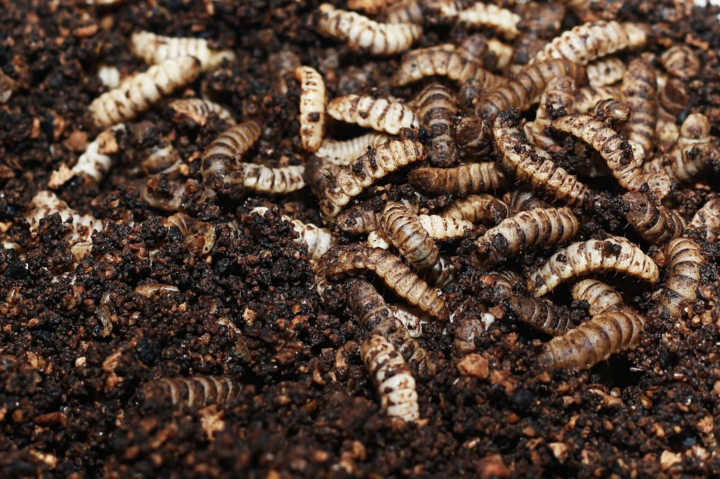
Black soldier fly larvae feed on organic waste before it is harvested for animal feed and other products. (Photo: Shutterstock)
An insect farm set up by the Shanghai Urban Construction Investment Group is testing the process, using 50 tonnes of treated wet waste to raise 11 tonnes of protein-rich larvae and produce 12.8 tonnes of organic fertilizer per day.
According to an article published by the Guangdong Chemical Industry Journal, the farm uses black soldier flies (BSF), from tropical grasslands in South America.
The insect was chosen because of its short life cycle of about 35 days and strong resilience, making it ideal for cultivation, according to project manager Ma Cong.
“By grinding up the waste and adjusting the water content, scientists created the right environment for BSF larvae. In just one week, the third-stage larvae can leapfrog into the fifth-stage BSF larvae with high protein and fat content,” he said.
“The feces of these larvae also contain rich organic matter such as nitrogen, phosphorus and potassium, and are also rich in beneficial bacteria, making it an excellent alternative source of organic fertilizer,” Mr. Ma added.
According to the article, the harvested larvae can be used to make animal feed, pet food, bio-oil and other products. The process is highly sustainable, with some healthy larvae selected to continue breeding after pupation.
While insect farming using waste is just starting to take off in China, the technology has long been used in the Netherlands to provide a sustainable and nutritious source of protein for livestock.
Dutch company Protix, a pioneer in the technology, has successfully converted 65,000 tonnes of waste into 14,000 tonnes of larvae and insects, resulting in insect-based products for pets, fish and livestock with a retail value of more than €70 million ($77 million) by 2023.
According to Protix CEO Kees Aarts, insect protein-rich nutrition and environment is an important resource for the future, with their use as animal feed playing a leading role.
“Insect protein improves liver quality and skin health in salmon; improves coat, breath and digestive health in dogs; and reduces diarrhea and mortality in piglets and chickens,” says Mr Aarts.
“BSF has high feed efficiency, short life cycle, and the ability to consume low-grade organic matter. Although it uses less land and water, it can produce the same amount of protein as poultry or beef offal,” added the Protix CEO.
In addition to providing a more sustainable alternative to traditional livestock farming, insect diets can be tailored to include more than just everyday household waste, expanding the potential to recycle most organic materials legally and safely into a valuable protein source.
In China, where the potential for insect farming is huge, wet waste treatment to ensure impurities are removed will be essential.
According to Mr. Aarts, the future of insect protein is promising: “As traditional protein sources continue to be depleted and concerns about climate change increase, insect protein offers a sustainable, nutritious and efficient alternative.”
Phuong Thao (Source: SCMP)
Useful
Emotion
Creative
Unique
Wrath
Source



![[Photo] Prime Minister Pham Minh Chinh meets with representatives of outstanding teachers](https://vphoto.vietnam.vn/thumb/1200x675/vietnam/resource/IMAGE/2025/11/15/1763215934276_dsc-0578-jpg.webp)
![[Photo] General Secretary To Lam receives Vice President of Luxshare-ICT Group (China)](https://vphoto.vietnam.vn/thumb/1200x675/vietnam/resource/IMAGE/2025/11/15/1763211137119_a1-bnd-7809-8939-jpg.webp)



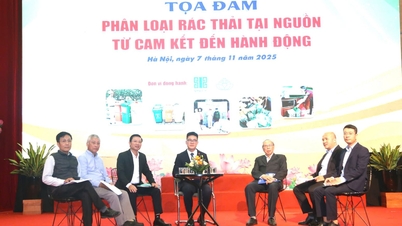

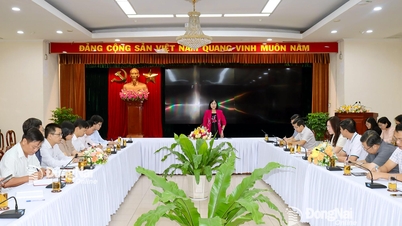

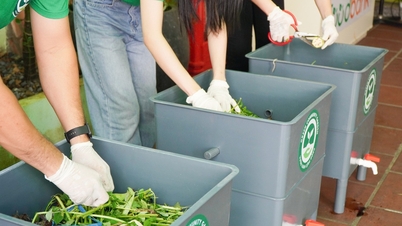

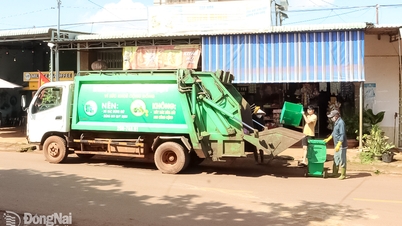
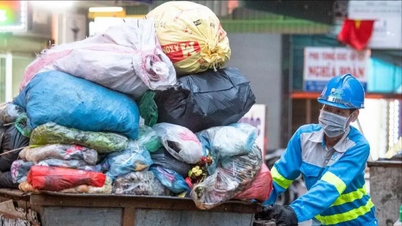














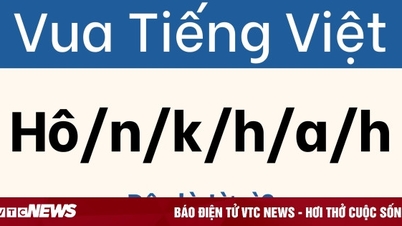

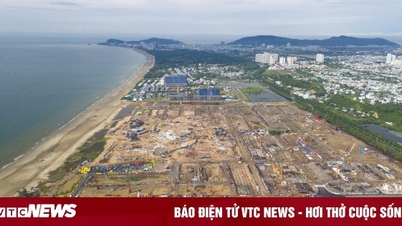
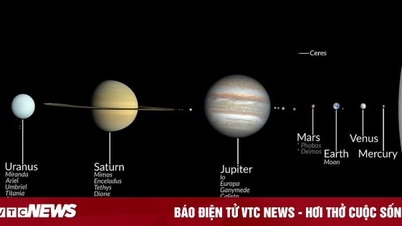























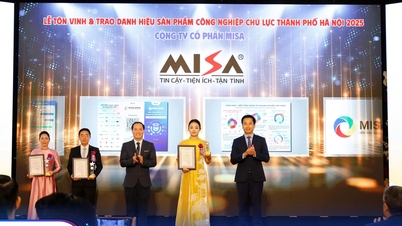

















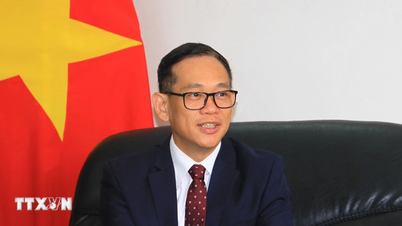





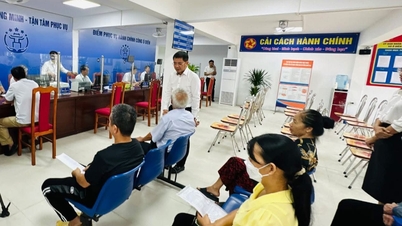
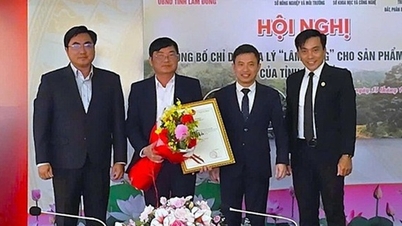



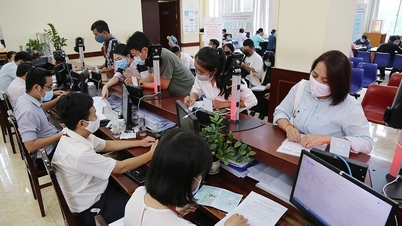

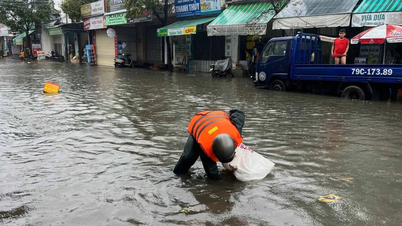
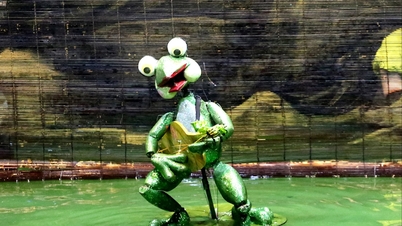



















Comment (0)